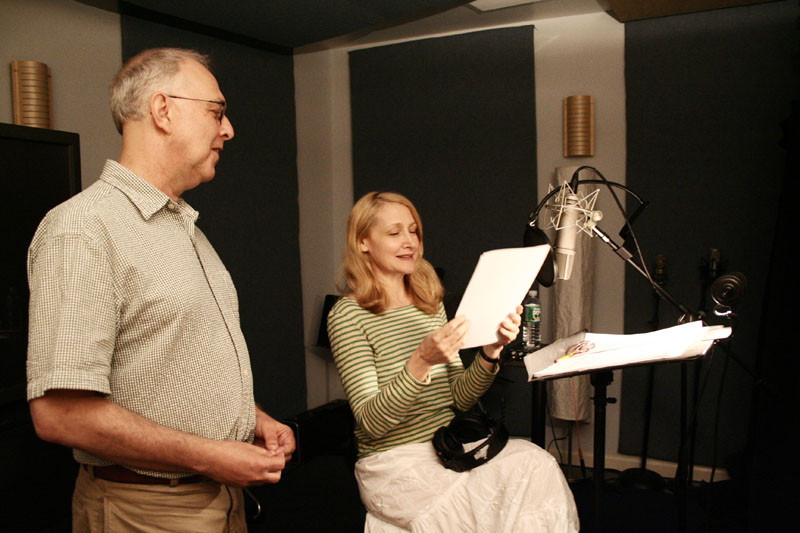Critiquing a film on film criticism
Doc provides a look at nature of criticism, but lacks insight
From the high-brow, Ebert-and-Roeper type, practicing a God-given right to tell the populous what movies to see or not to see, to the 30-something basement dweller practicing the same right, movie critics – though they may be overlooked and often even despised – are people too.
For the Love of Movies offers a detailed, if not particularly engaging, look at the history of film criticism, from the era of silent cinema to the modern age. This is perhaps the film’s main weakness: it provides interesting information, but it comes at the expense of valuable insight.
The film begins at the start of the film industry at the turn of the century. Providing an interesting exposé of the early film critics who saw something special in cinema that others may not have, the film initially succeeds in looking at the nature of the individual critics’ opinions.
The film continues to lead us through the better half of the twentieth century, but it’s when the filmmaker approaches the ‘50s, however, where the film starts to lose its touch. Its change of focus to the “auteur theory” is cursory in its tie to film criticism, but it fails to provide any insight as to how this affected film criticism as an art, only its influence on film itself.
However, it does provide some insight on the theoretical direction of film criticism later, concentrating on the ‘60s and ‘70s rivalry between Andrew Sarris and Pauline Kael.
It’s not until late in the film that the filmmaker’s eye turns to any of the current concerns facing film critics, such as the rise of the Internet and the gradual dissolving of reviewer positions from newspaper and print magazines. This segment is a little more cohesive, giving the sense that there is some kind of genuine merit to film criticism as a career.
Unfortunately, the film as a whole can rarely be described as anything cohesive. Despite its potential and a few points of interest, For the Love of Movies lacks a real focus.
As the end of the film approaches, there is some resolution on the subject of film criticism; unfortunately, it feels a bit tacked on, lacking any real meaning. Though it offers some interesting perspectives, there seems to be little rhyme or reason to it all.
I would suggest waiting until this one hits the DVD shelf at your local library before picking it up.
Published in Volume 64, Number 11 of The Uniter (November 12, 2009)







